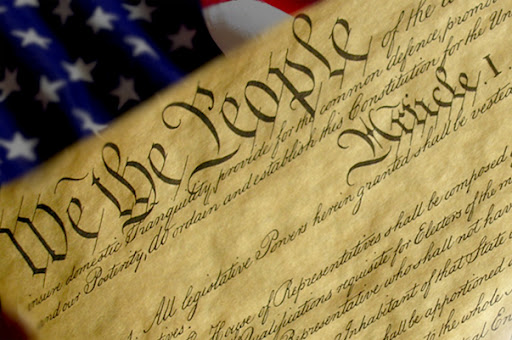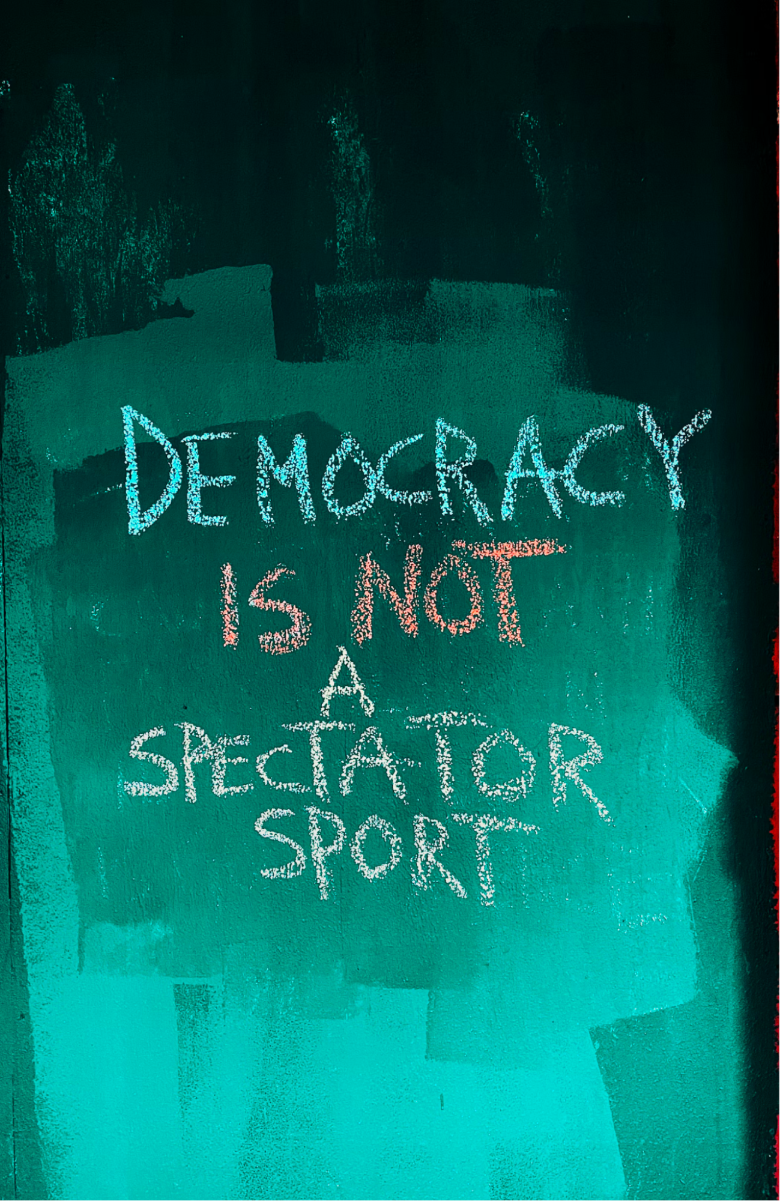Analysis
Trump is Turning Religious Freedom on its Head
Since taking office, the Trump administration has launched a relentless attack on faith leaders and our cherished religious communities. But this week, the Trump administration decided to raise the stakes in our battle for religious freedom by announcing a new plan: they are creating a Task Force to Eradicate Anti-Christian Bias.
Interfaith Alliance strongly embraces the religious freedom of all Americans, including for Christians, but this Executive Order will do the opposite of that. Instead of protecting the rights of Christians to pray and worship as they please, it uses the language of religious freedom to attack trans people, critique our right to reproductive freedom, and defend discriminatory adoption policies. The Executive Order claims to protect Christians against a predatory government that makes them embrace inclusive and welcoming values. But as we know from polling data from the Public Religion Research Institute, a majority of people of faith support nondiscrimination policies against our LGBTQ neighbors.
Here’s an example of this policy at work. In the Executive Order, it claims that “the previous Administration engaged in an egregious pattern of targeting peaceful Christians, while ignoring violent, anti-Christian offenses.” But the examples they cite is of the Biden Administration’s choice to press charges against people interfering with the rights of women at abortion facilities and the FBI’s independent decision to monitor Christian nationalists who were deemed a national security threat.
This Task Force will review all departments and agencies for anti-Christian policies or actions, recommend for the head of those agencies to end those policies, and calls for the President to rectify past injustices of anti-Christian conduct and to protect religious liberty. The task force will submit a first report after 120 days, a second one after a year, and then a final one upon the task force’s dissolution. Funding will come from the Department of Justice and the Task Force will terminate after two years, unless its responsibilities are extended by the President.
Interfaith Alliance agrees that it’s essential to protect the religious freedom of all Americans, including for Christians and especially those from marginalized sects. However, we reject the idea that breaking federal laws or using one’s religion to discriminate is legitimate grounds for the freedom of religion. Therefore, we insist that religious freedom must include everyone, not only the select few. While this effort may appear to address certain forms of stigma against Christians, particularly against Catholics, in reality it weaponizes a certain understanding of religious freedom to legitimize discrimination against marginalized groups, infringe on our reproductive freedom, and hurt our society’s most vulnerable.
We refuse to accept that our religious freedom must come on the backs of marginalized communities. We call upon all people of faith to oppose the creation of this new task force and to defend true religious freedom.
Zev Mishell is the National Programs Associate at Interfaith Alliance.
Transcript

Pluralism is Democracy in Action
On July 4, America will mark 250 years since the signing of the Declaration of Independence. That day in 1776, the nation’s founders put forward a bold vision for a new democratic experiment, one rooted in shared values, with power derived from the people rather than imposed by a monarch or religious authority:



